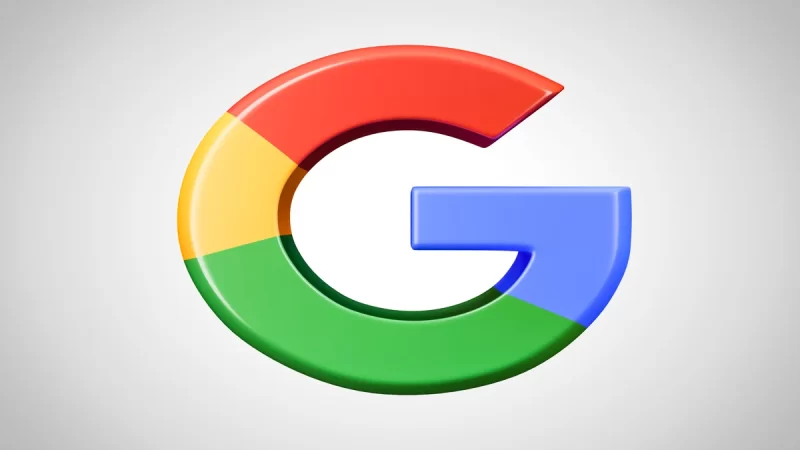Google Working on Improving Helpful Content in Search Results

Google is constantly refining its search algorithms to provide users with the most relevant and helpful content. Recently, the company announced efforts to improve how helpful content appears in search results. This initiative aims to ensure that users find exactly what they need quickly and efficiently.
What Is Helpful Content?
Helpful content is information that answers users’ queries accurately and thoroughly. It should be easy to read, well-organized, and directly address the user’s intent. For example, if someone searches for “how to bake a chocolate cake,” helpful content would include a clear recipe, step-by-step instructions, and possibly even a video tutorial.
Why Is Google Focusing on Helpful Content?
Google’s mission is to organize the world’s information and make it universally accessible and useful. However, with the vast amount of content available on the internet, not all of it is created equal. Some content is misleading, irrelevant, or of poor quality. By focusing on helpful content, Google aims to improve the overall user experience, ensuring that people find valuable and reliable information quickly.
How Google Identifies Helpful Content?
Google uses complex algorithms to evaluate the quality and relevance of content. These algorithms consider various factors, including:
- Relevance: How closely the content matches the user’s query.
- Quality: The accuracy, depth, and comprehensiveness of the information.
- User Engagement: How users interact with the content (e.g., time spent on the page, click-through rates).
- Authority: The credibility and expertise of the content creator.
Google continuously updates its algorithms to better assess these factors and prioritize helpful content in search results.
Recent Improvements to Search Algorithms
User Feedback
One of the key methods Google uses to improve its algorithms is by collecting user feedback. Users can report if a particular result is not helpful or if it contains misleading information. Google then uses this feedback to refine its algorithms and better filter out low-quality content.
Artificial Intelligence and Machine Learning
Google employs advanced artificial intelligence (AI) and machine learning (ML) techniques to understand and rank content. These technologies help Google analyze massive amounts of data and identify patterns that indicate high-quality, helpful content. For instance, AI can understand the context of a query and match it with content that provides the best possible answer.
Content Updates
Google also regularly updates its search algorithms to adapt to changing user behaviors and the evolving nature of content on the internet. These updates, often referred to as “core updates,” can significantly impact search rankings. Websites that prioritize creating helpful, user-focused content tend to benefit from these updates.
Tips for Creating Helpful Content
For content creators, aligning with Google’s focus on helpful content can improve visibility and engagement. Here are some tips:
- Understand Your Audience: Know what your audience is looking for and tailor your content to meet their needs.
- Be Clear and Concise: Present information in a straightforward manner. Use headings, bullet points, and images to make the content easy to read.
- Provide Comprehensive Information: Cover the topic thoroughly but avoid unnecessary fluff. Ensure all key points are addressed.
- Use Reliable Sources: Cite credible sources to back up your information and establish trust with your audience.
- Update Regularly: Keep your content up-to-date to ensure it remains relevant and accurate over time.
The Future of Search
As Google continues to refine its search algorithms, the emphasis on helpful content will likely increase. This trend encourages content creators to focus on quality and user satisfaction. For users, this means a better search experience, where finding reliable and relevant information becomes easier and more intuitive.
Google’s efforts to improve the visibility of helpful content in search results reflect its commitment to enhancing user experience. By understanding the importance of helpful content and how Google identifies and prioritizes it, both users and content creators can benefit from these improvements. As search algorithms evolve, the focus on quality and relevance will remain at the forefront, ensuring that users can access the best possible information quickly and efficiently.
FAQs about Google Improving Helpful Content in Search Results:
Helpful content is information that directly addresses a user’s query in a clear, accurate, and comprehensive manner. It is easy to read, well-organized, and created with the user’s needs in mind. Examples include detailed guides, step-by-step instructions, and well-researched articles.
Google aims to enhance the user experience by ensuring that search results are relevant and reliable. With the vast amount of information available online, not all content is of high quality. By focusing on helpful content, Google seeks to filter out low-quality information and provide users with valuable, trustworthy content quickly.
Google uses complex algorithms that consider various factors such as relevance to the query, content quality, user engagement, and the credibility of the content creator. These algorithms are continually updated to better assess these factors and prioritize helpful content in search results.
Google’s algorithm updates, especially core updates, can significantly impact search rankings. Websites that produce high-quality, user-focused content tend to see improved rankings, while those with low-quality or irrelevant content may experience a drop in visibility.
User feedback helps Google identify and filter out low-quality or misleading content. When users report that a search result is unhelpful, Google analyzes this feedback to refine its algorithms and improve the accuracy and reliability of search results.







